Almond oil is a versatile and natural ingredient for the skin, including oily skin. Almond oil is rich in essential fatty acids, vitamin E, and antioxidants, making it an excellent moisturizer that helps prevent skin from becoming excessively oily.
To achieve a facial glow, keep almond oil in your skincare routine. After cleansing and toning, apply a small amount to your face, gently massaging it in with circular motions. Prepare your moisturizer or serum by blending in a few drops of almond oil for increased hydration and nourishment.
Let’s examine how to massage the face with almond oil, including its benefits, risks, and best practices but first have a look at different oil can be used possibly for massage.
Oil For face massage
There are various oils suitable for facial massage, each offering its own set of benefits. Here are some popular options:
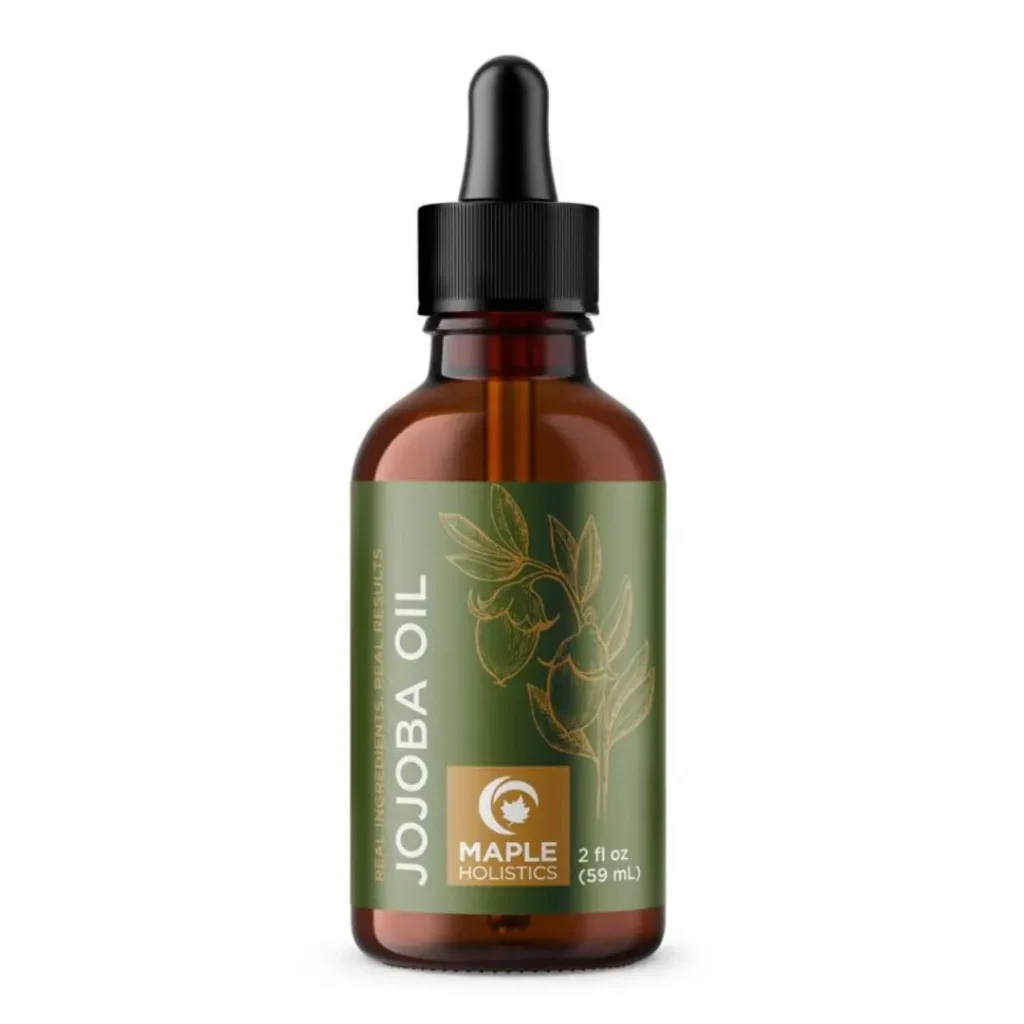
Jojoba Oil:
- Lightweight and similar to the skin’s natural sebum.
- Suitable for all skin types.
- Non-comedogenic and easily absorbed.
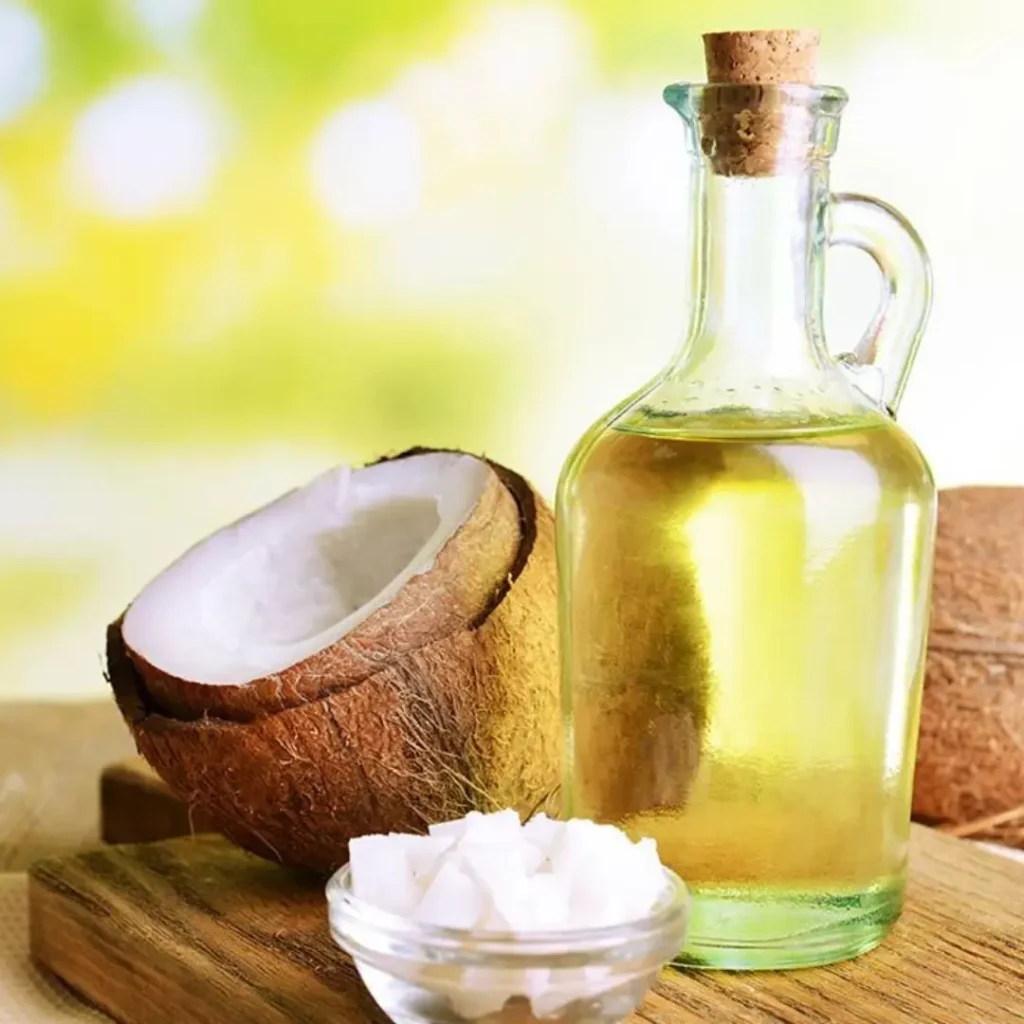
Coconut Oil:
- Moisturizing and nourishing.
- Best for normal to dry skin.
- Anti-inflammatory properties.
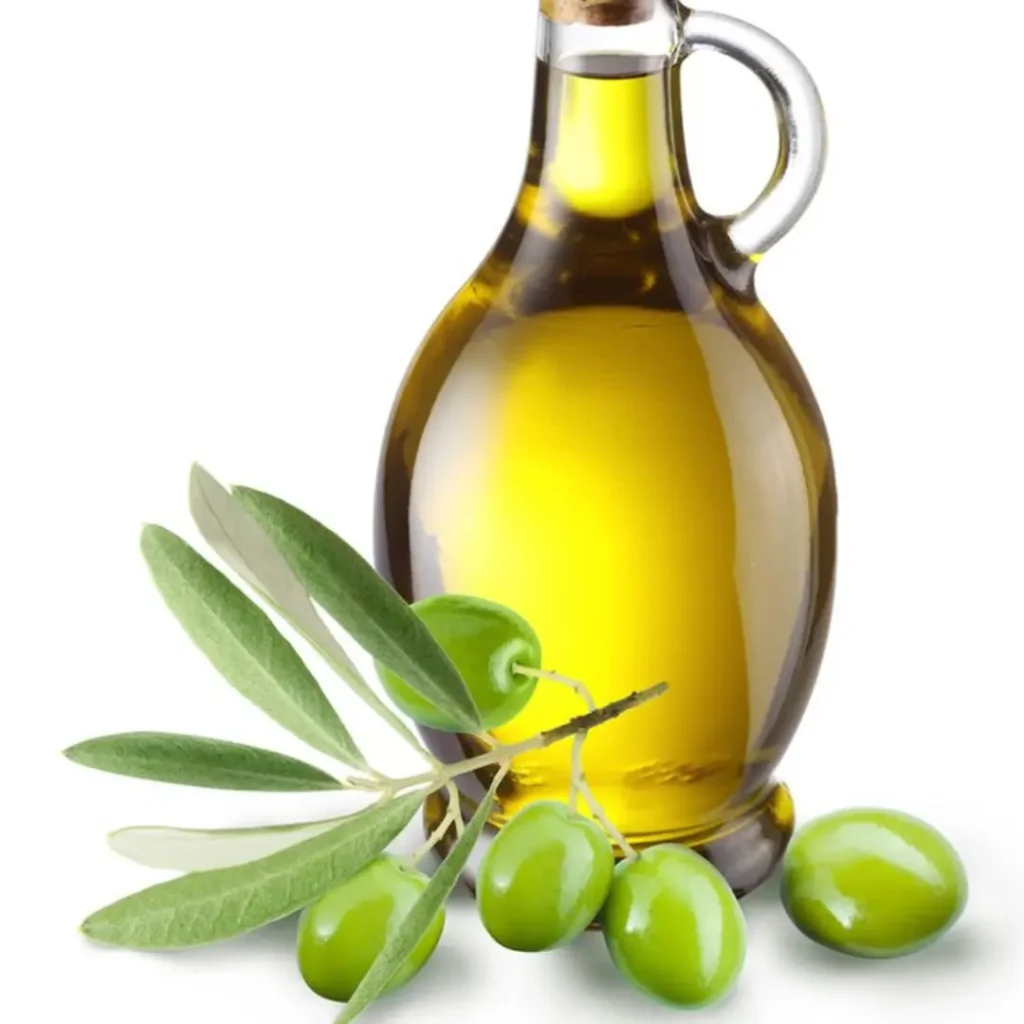
Olive Oil:
- Rich in antioxidants and vitamins.
- Suitable for normal to dry skin.
- Helps soften and hydrate the skin.
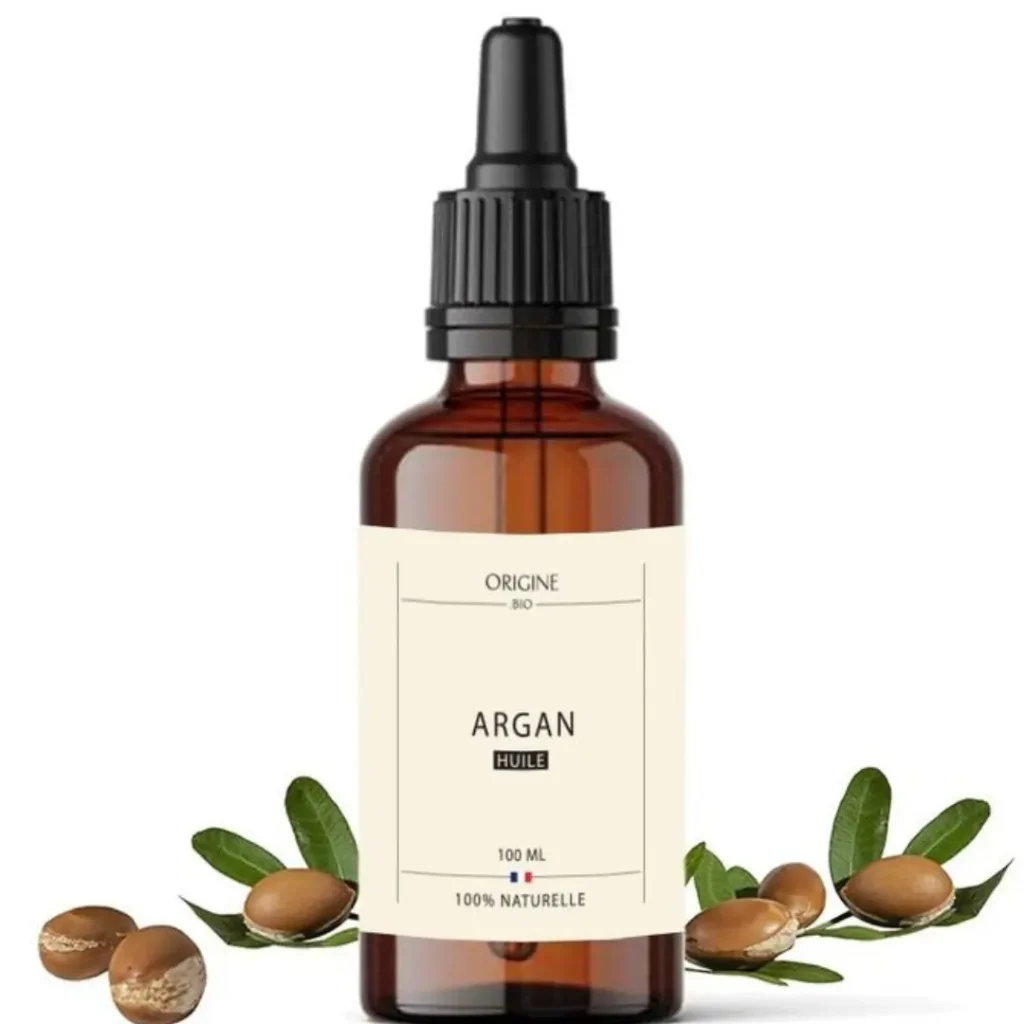
Argan Oil:
- Packed with vitamin E and fatty acids.
- Suitable for all skin types, especially dry and mature skin.
- Helps improve skin elasticity.

Rosehip Seed Oil:
- High in vitamins A and C, and essential fatty acids.
- Ideal for promoting skin regeneration.
- Beneficial for aging or scar-prone skin.

Grapeseed Oil:
- Lightweight and non-comedogenic.
- Suitable for all skin types, especially oily or acne-prone.
- Absorbs quickly without leaving a greasy residue.
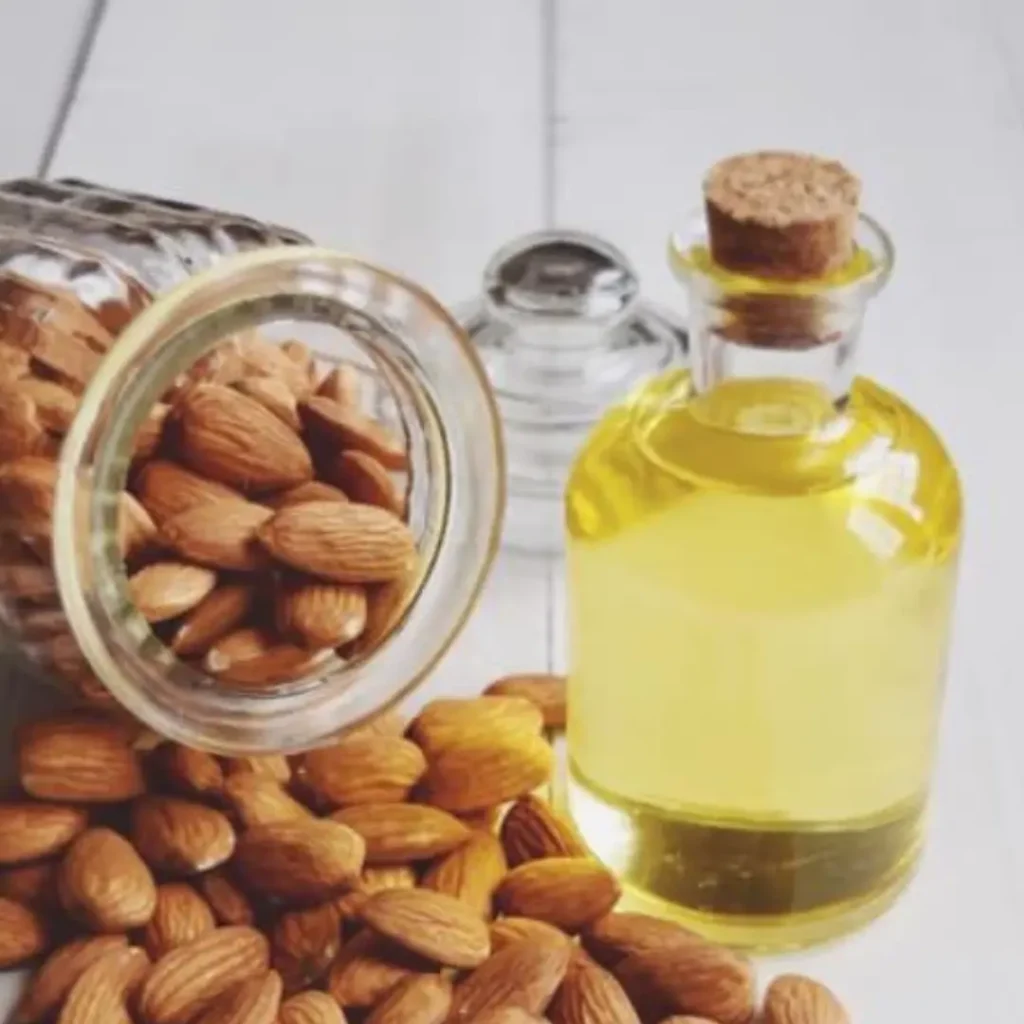
Sweet Almond Oil:
- Rich in vitamin E and fatty acids.
- Suitable for all skin types.
- Nourishing helps improve skin tone.
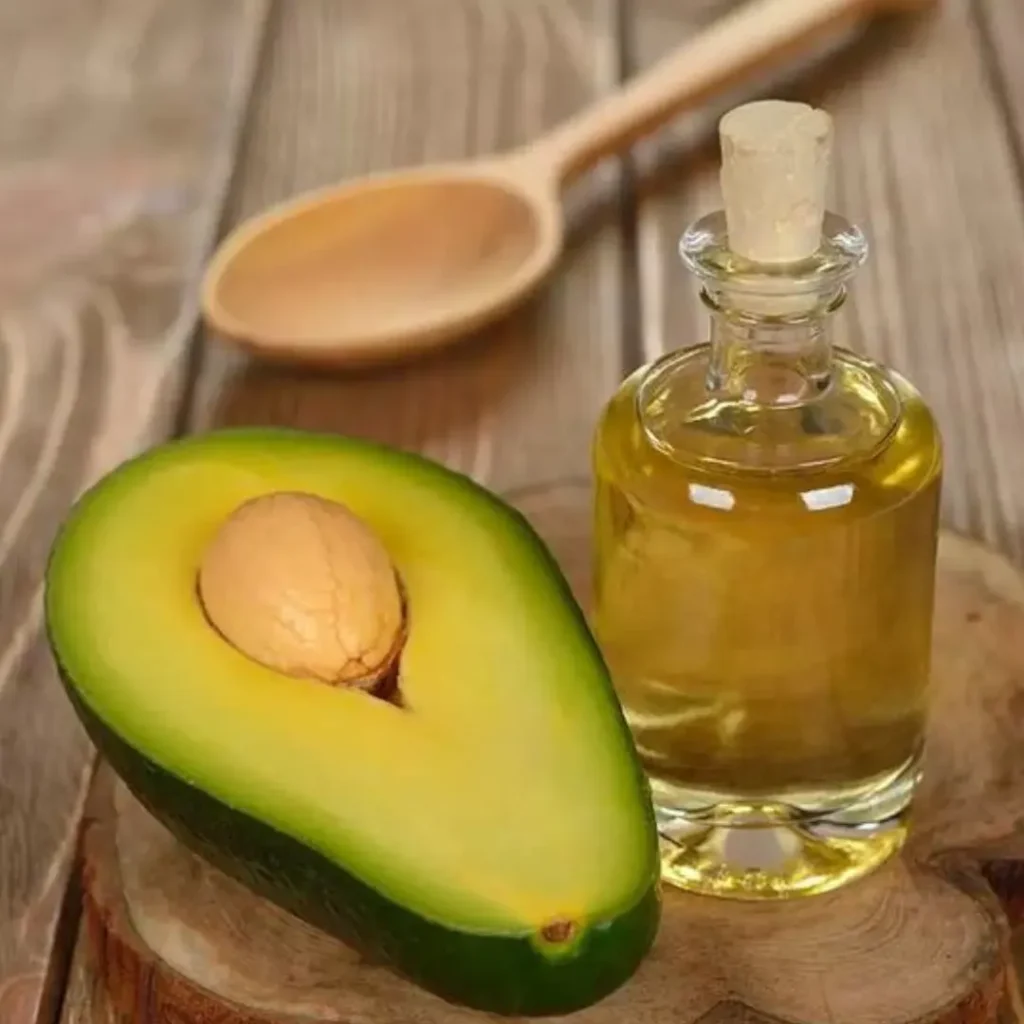
Avocado Oil:
- Deeply moisturizing and rich in vitamins A, D, and E.
- Best for dry or mature skin.
- Helps soothe and replenish the skin.
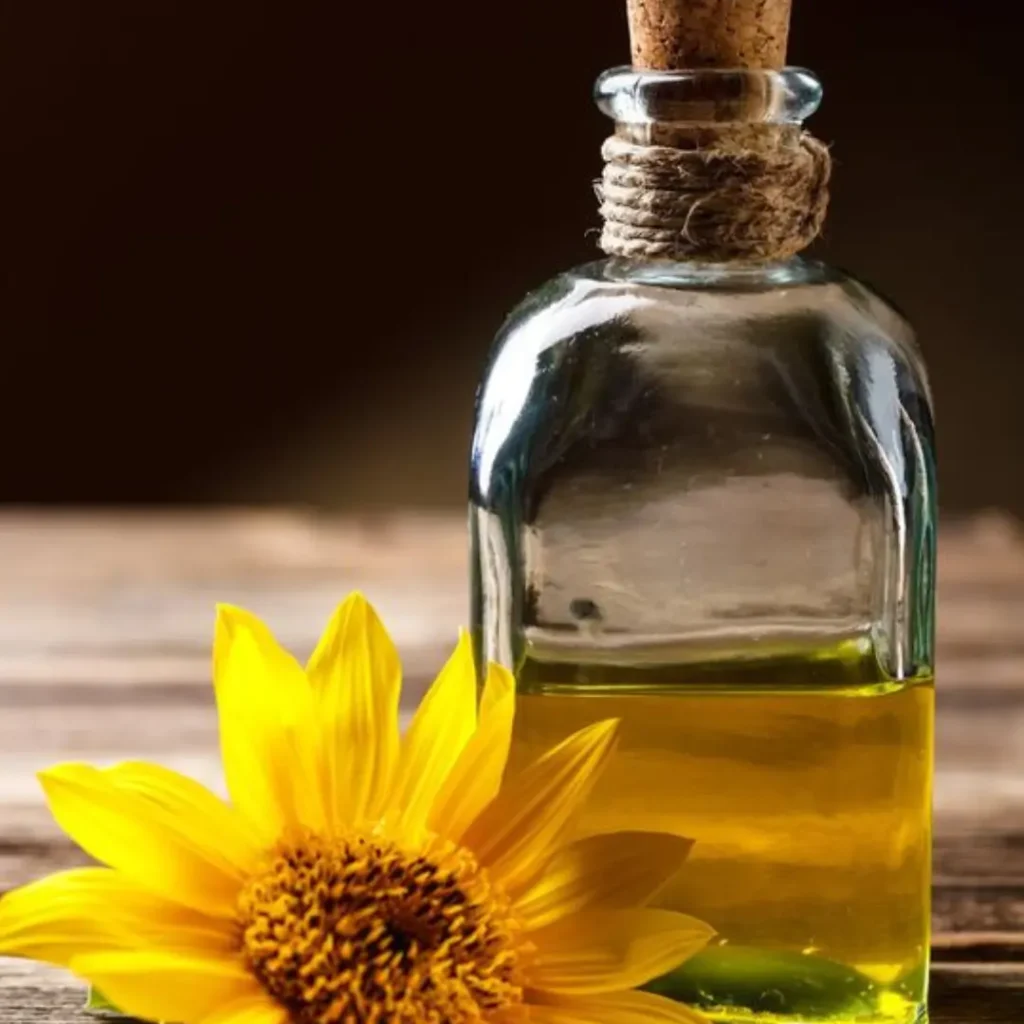
Sunflower Seed Oil:
- Lightweight and high in vitamin E.
- Suitable for all skin types.
- Helps retain moisture and soothe the skin.
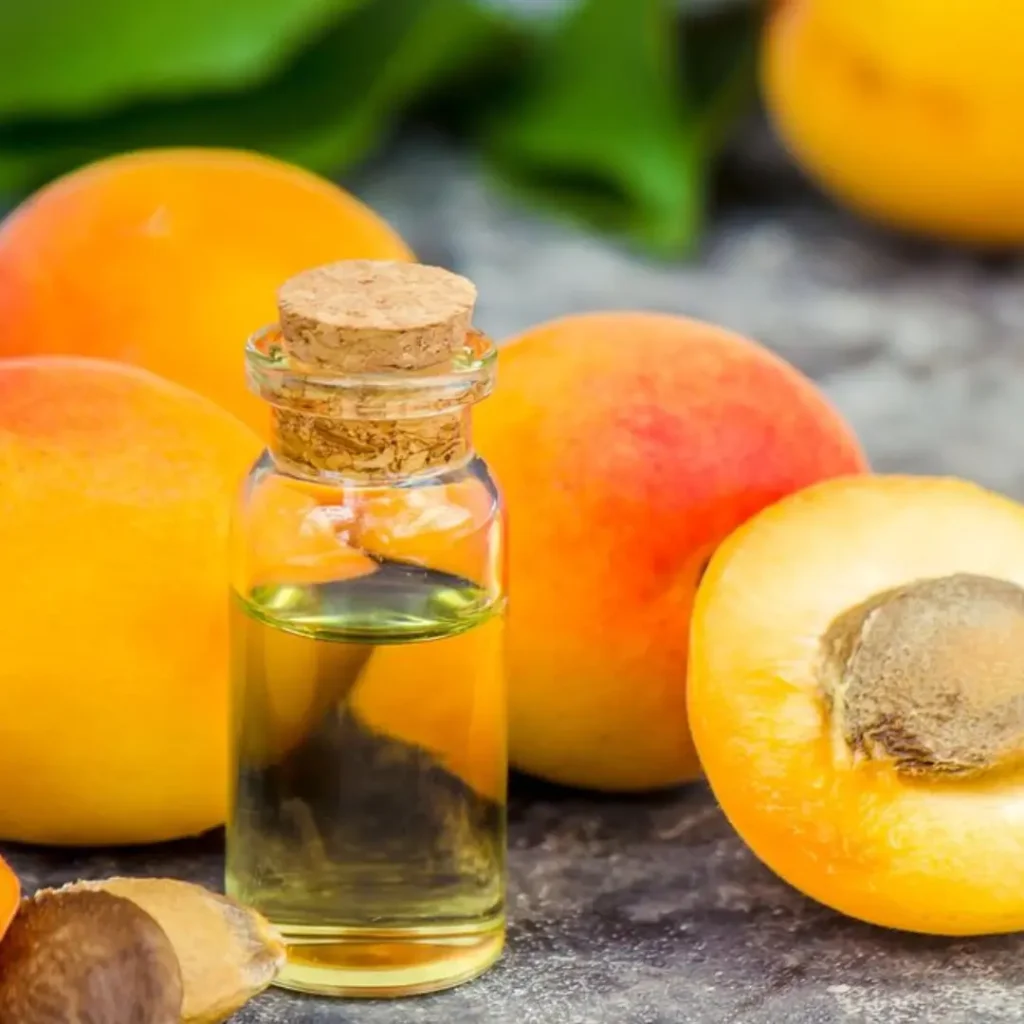
Apricot Kernel Oil:
- Light and easily absorbed.
- Suitable for all skin types, especially sensitive skin.
- Helps balance and nourish the skin.
Benefits of almond oil for skin and hair
| Benefits for Skin | Benefits for Hair |
|---|---|
| 1. Moisturization | 1. Hair Moisturization |
| 2. Anti-Aging Properties | 2. Reducing Split Ends |
| 3. Dark Circle Reduction | 3. Promoting Hair Growth |
| 4. Improved Complexion | 4. Dandruff Control |
| 5. Soothing Irritated Skin | 5. Shine and Luster |
| 6. Makeup Removal | 6. Protection from Environmental Damage |
Best Practices for Using Almond Oil for Oily Skin
Almond oil can be a beneficial addition to your skincare routine, even if you have oily skin. It’s essential to use it in a way that helps balance and nourish your skin without exacerbating oiliness. Here are some best practices for using almond oil for oily skin:
Choose Cold-Pressed, Unrefined Almond Oil:
Pick the natural kind without extra processing.
Patch Test:
Test a small amount on your skin to make sure it’s okay.
Use a Little:
Start with a few drops; you don’t need much.
Apply on Damp Skin:
Put it on right after washing your face.
Nighttime Use:
Use it before bed so it doesn’t make your face look oily during the day.
Spot Treatment:
Use only on dry or flaky areas if you’re worried about your whole face.
Mix with Other Products:
Mix it with your regular moisturizer or other light oils.
Skip Daytime Use If Shiny:
If it makes your face too shiny, use it at night instead.
Be Consistent:
Use it regularly for the best results.
Ask a Dermatologist:
If you’re unsure, check with a skin doctor for advice.
What should I mix with almond oil for the face?
Almond oil can be combined with various natural ingredients to enhance its benefits for the face. Here are some common ingredients you can mix with almond oil for a customized skin care blend:
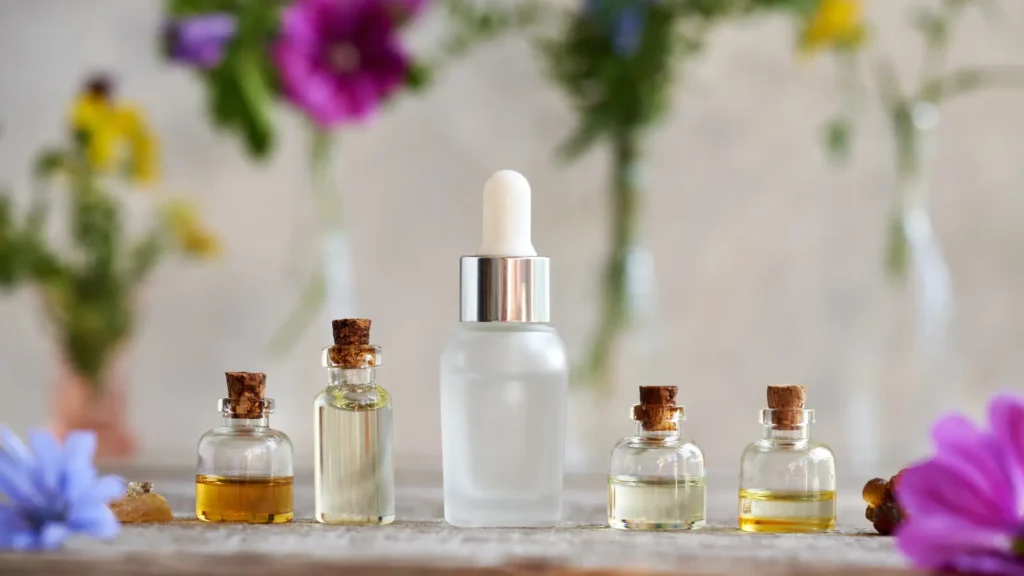
Honey:
Mix almond oil with honey for a hydrating and antibacterial face mask. This combination can help moisturize the skin and fight acne-causing bacteria.
Yogurt:
Combine almond oil with yogurt for a soothing and nourishing face mask. Yogurt contains lactic acid, which can help exfoliate and brighten the skin.
Aloe Vera Gel:
Blend almond oil with aloe vera gel for a calming and moisturizing serum. This combination can be beneficial for sensitive or irritated skin.
Turmeric:
Mix almond oil with a pinch of turmeric for an anti-inflammatory face mask. Turmeric has properties that may help reduce redness and inflammation.
Sugar or Salt:
Create a natural exfoliating scrub by mixing almond oil with sugar or salt. This can help remove dead skin cells and leave your skin feeling smooth.
Essential Oils:
Add a few drops of skin-friendly essential oils, such as lavender or tea tree oil, to almond oil for additional benefits. Essential oils can provide a pleasant fragrance and may have specific skincare properties.
Oatmeal:
Blend almond oil with finely ground oatmeal for a gentle exfoliating mask. Oatmeal can help soothe and calm the skin.
Avocado:
Mash a ripe avocado and mix it with almond oil for a nourishing face mask. Avocado is rich in vitamins and fatty acids that can moisturize and revitalize the skin.
What happens if we apply almond oil on the face daily?
Applying almond oil on the face daily can have several potential benefits for the skin. Here are some positive effects that almond oil may have:
- Moisturization: Almond oil is rich in fatty acids, which can help to moisturize and nourish the skin. Regular application may prevent dryness, keeping the skin soft and supple.
- Anti-aging Properties: Almond oil contains antioxidants, such as vitamin E, which may help protect the skin from oxidative stress. This could potentially reduce the signs of aging, such as fine lines and wrinkles.
- Improves Complexion: Almond oil may help improve skin tone and complexion. It can be beneficial for lightening dark spots and reducing the appearance of scars.
- Reduces Inflammation: Almond oil has anti-inflammatory properties that may soothe irritated skin. It can be useful for individuals with sensitive or inflamed skin conditions.
- Removes Makeup: Almond oil can act as a natural makeup remover, gently breaking down and removing makeup without harsh chemicals.
- Treats Skin Conditions: Some people find relief from certain skin conditions, such as eczema and psoriasis, by using almond oil. Its emollient properties may help soothe and calm irritated skin.
How many drops of almond oil should I put on my face?
The number of drops of almond oil you should use on your face can depend on various factors, including your skin type, the specific purpose of application, and personal preferences. Here are some general guidelines:

Daily Moisturization:
For daily moisturization, you can start with 2-3 drops of almond oil. Adjust the amount based on your skin’s needs and how well it absorbs the oil.
Nighttime Treatment:
If you’re using almond oil as part of your nighttime skincare routine, you can use a slightly larger amount, such as 4-6 drops. This allows the oil to work on your skin overnight.
Spot Treatment:
For targeted applications, such as on dry patches or areas with fine lines, a single drop may be sufficient. Gently massage the oil into specific areas that need extra care.
Mixing with Other Ingredients:
If you’re mixing almond oil with other ingredients (like essential oils, honey, or aloe vera), the total amount applied to your face may vary. Follow the recommended proportions in your DIY skincare recipe.
Sensitive Skin:
If you have sensitive skin, it’s advisable to start with a minimal amount, like 1-2 drops, to see how your skin reacts. You can gradually increase the amount if there are no adverse effects.
Conclusion
It is a natural and effective ingredient with numerous benefits for oily skin. Its moisturizing, antioxidant, and anti-inflammatory properties make it an excellent choice for those with Dermis. Use almond oil to avoid clogging pores or exacerbating acne.
By following the best practices outlined in this article, such as using pure, cold-pressed almond oil and combining it with other natural ingredients, you can effectively use almond oil to improve the health and appearance of your oily skin.
If you’re looking for a natural and effective way to moisturize your oily skin or reduce the appearance of dark spots and blemishes, almond oil is a great option. Try incorporating almond oil into your skincare routine and see the results for yourself.




